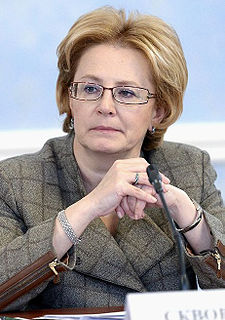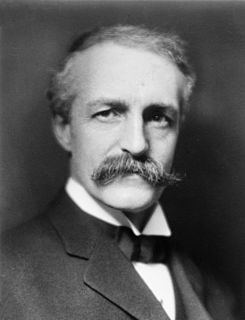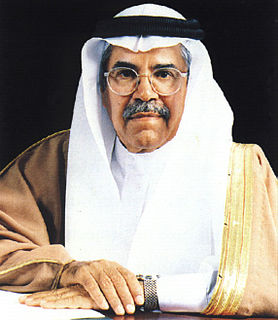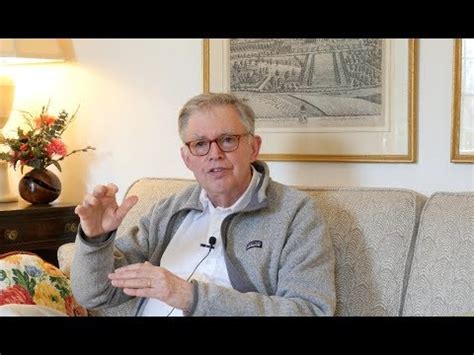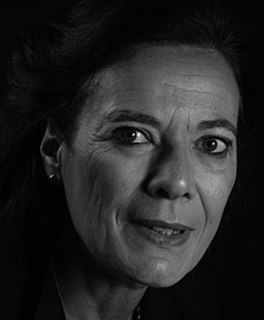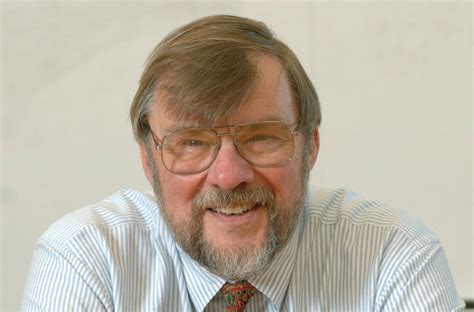A Quote by Paul Hawken
We assume that everything's becoming more efficient, and in an immediate sense that's true; our lives are better in many ways. But that improvement has been gained through a massively inefficient use of natural resources.
Related Quotes
You don't really need to engage your visual sense, because the natural wiring of the human psyche is to monitor the environment through sound, not through sight. But we're convinced through modern conditions that we have to look at everything, and that creates stress in our life, because we're trying to solve problems in ways that are much more time consuming, not efficient, and not fun.
During the current period of health care development in our country, improvement of the management quality is becoming increasingly important. This is due to many processes, including new ones, such as increase in the number of financial resources used to implement the state guarantees program, the need for more efficient spending of funds, rearrangement of cash flows, single-channel financing
Without natural resources life itself is impossible. From birth to death, natural resources, transformed for human use, feed, clothe, shelter, and transport us. Upon them we depend for every material necessity, comfort, convenience, and protection in our lives. Without abundant resources prosperity is out of reach.
People need immediate places to refresh, reinvent themselves. Our surroundings built and natural alike, have an immediate and a continuing effect on the way we feel and act, and on our health and intelligence. These places have an impact on our sense of self, our sense of safety, the kind of work we get done, the ways we interact with other people, even our ability to function as citizens in a democracy. In short, the places where we spend our time affect the people we are and can become.
Our supplies of natural resources are not finite in any economic sense. Nor does past experience give reason to expect natural resources to become more scarce. Rather, if history is any guide, natural resources will progressively become less costly, hence less scarce, and will constitute a smaller proportion of our expenses in future years.
I can't deny the impact of, obviously, becoming a father and having my son come into this world, and even becoming a husband. The irony is that, when people think that in certain ways it softens you, in many ways, I'm more defensive and more on guard and more frightened and more angry at everything in this world now that I have them to worry about.
Hackman's paradox: Groups have natural advantages: they have more resources than individuals; greater diversity of resources; more flexibility in deploying the resources; many opportunities for collective learning; and, the potential for synergy. Yet studies show that their actual performance often is subpar relative to "nominal" groups (i.e. individuals given the same task but their results are pooled.) The two most common reasons: groups are assigned work that is better done by individuals or are structured in ways that cap their full potential.
The illusion that mechanical progress means human improvement ... alienates us from our own being and our own reality. It is precisely because we are convinced that our life, as such, is better if we have a better car, a better TV set, better toothpaste, etc., that we condemn and destroy our own reality and the reality of our natural resources. Technology was made for man, not man for technology. In losing touch with being and thus with God, we have fallen into a senseless idolatry of production and consumption for their own sakes.
The rural economy is significantly better. Our natural resources, particularly our working lands, are more resilient. And more money is being invested in soil conservation and water preservation. Our forests will be in better shape if Congress does what it needs to do to fix the fire-suppression budget.


